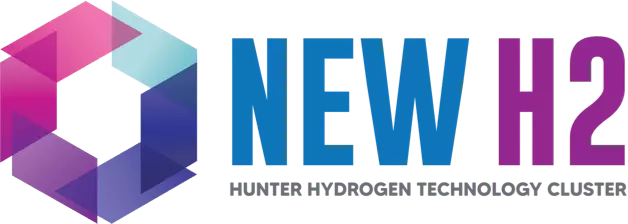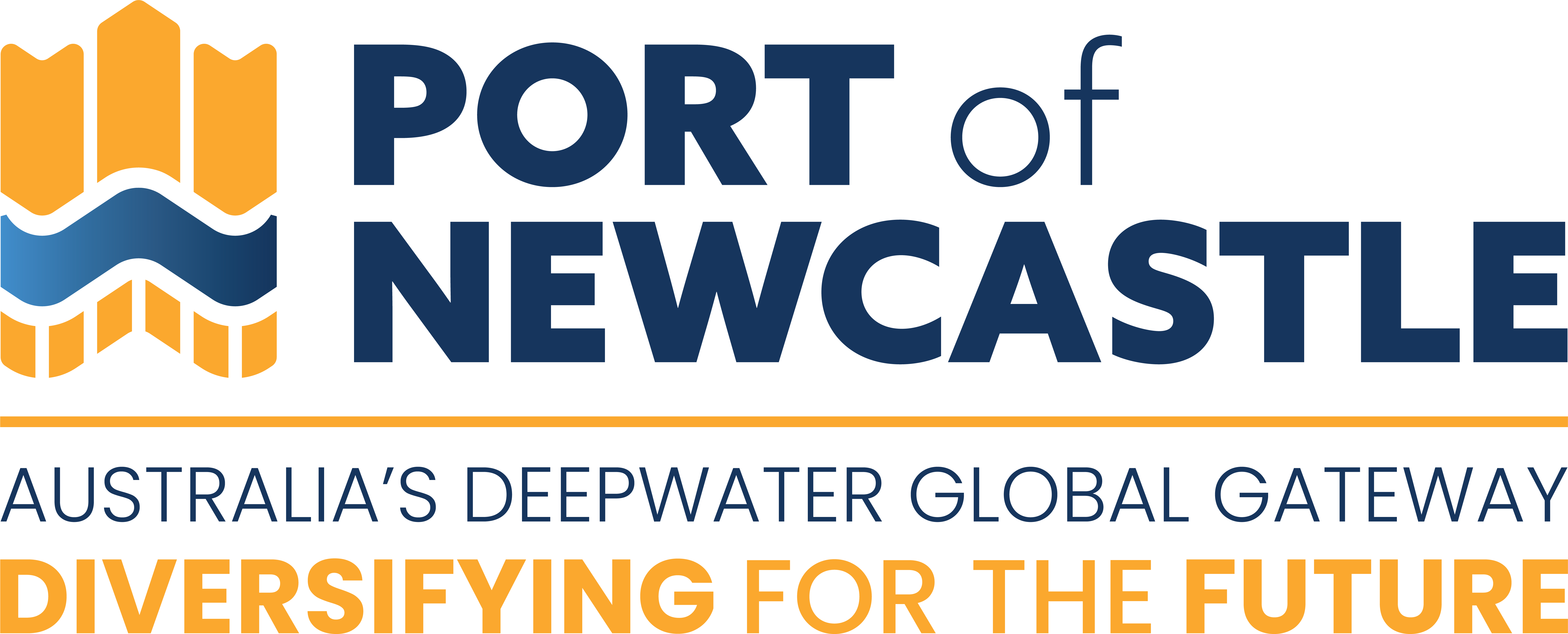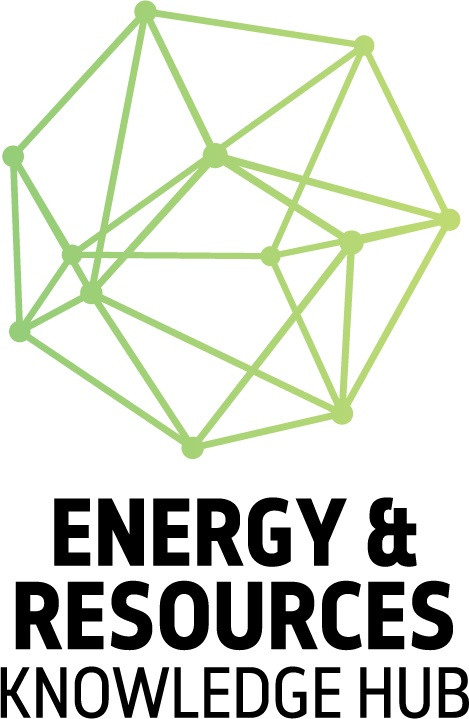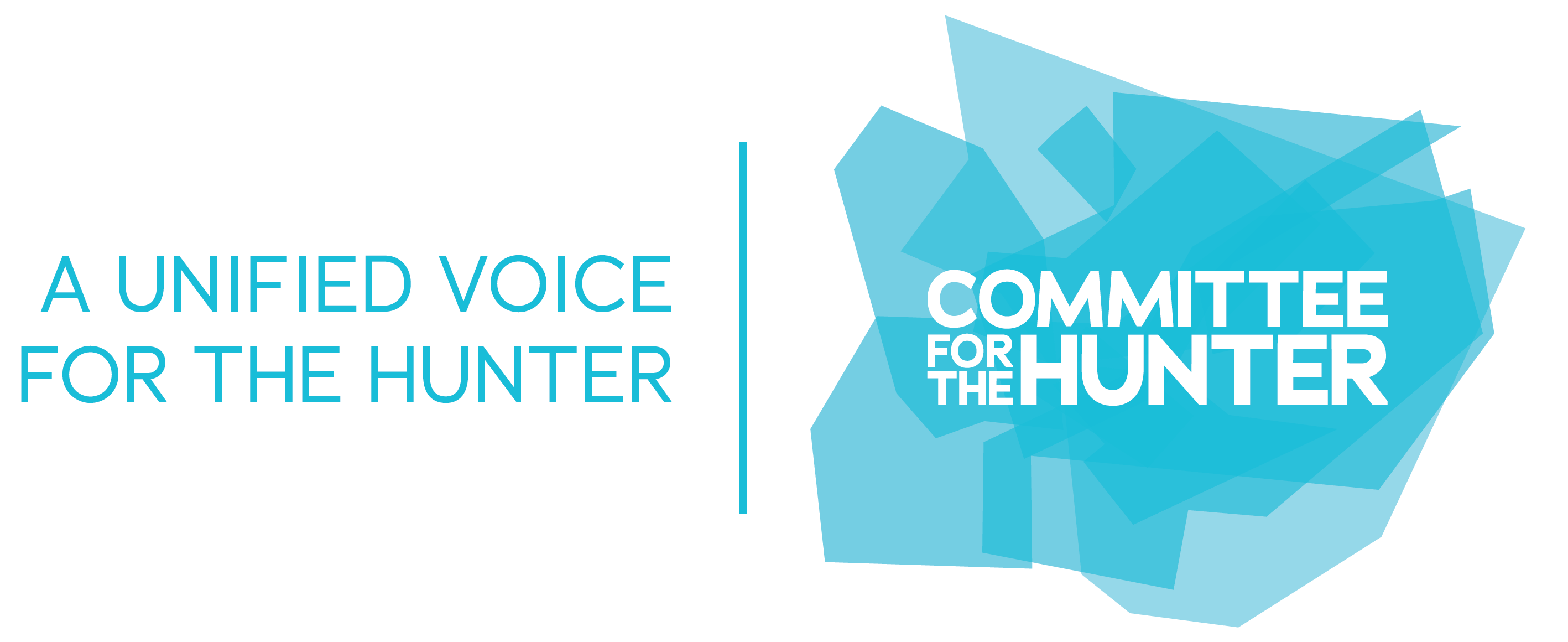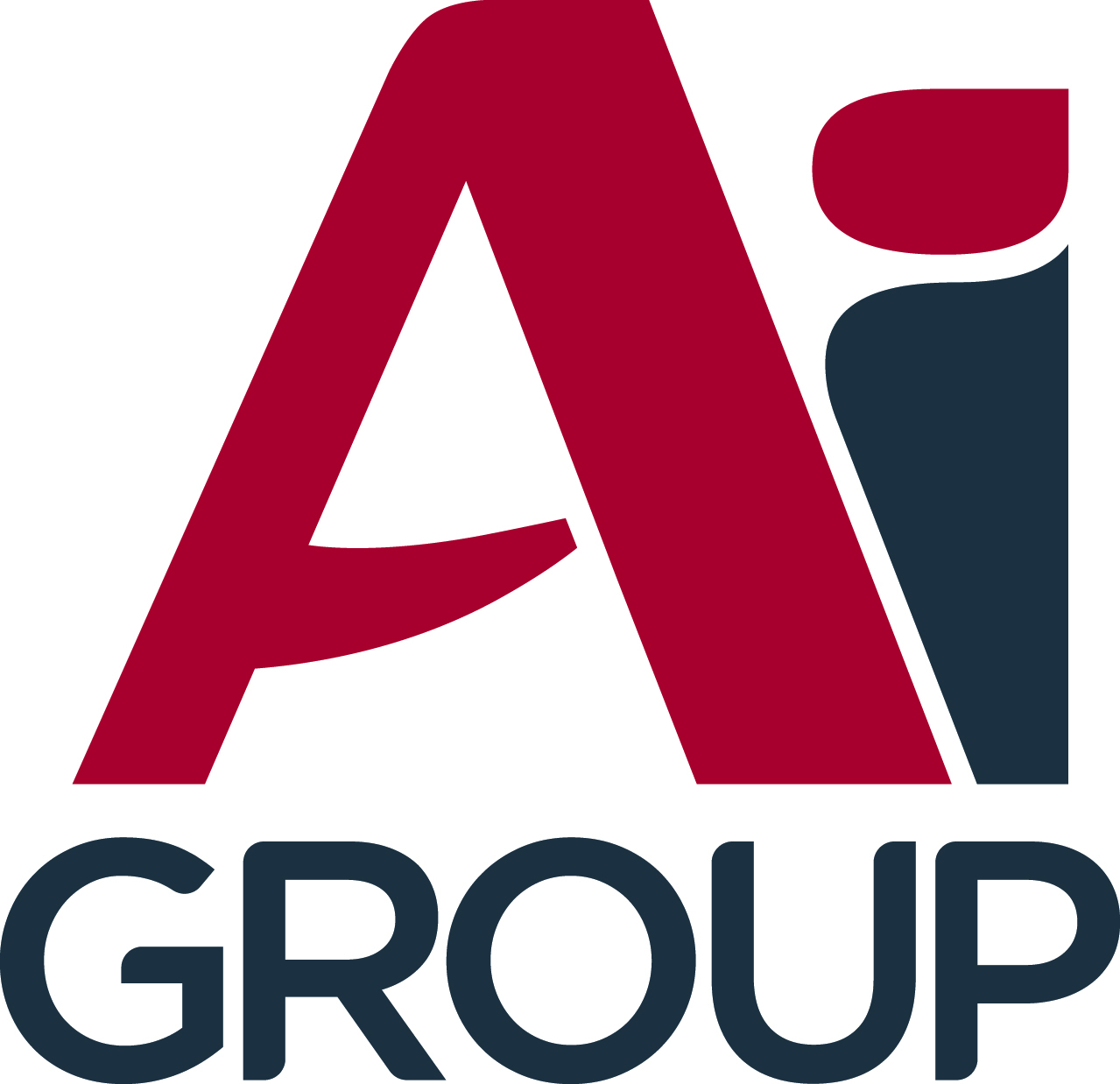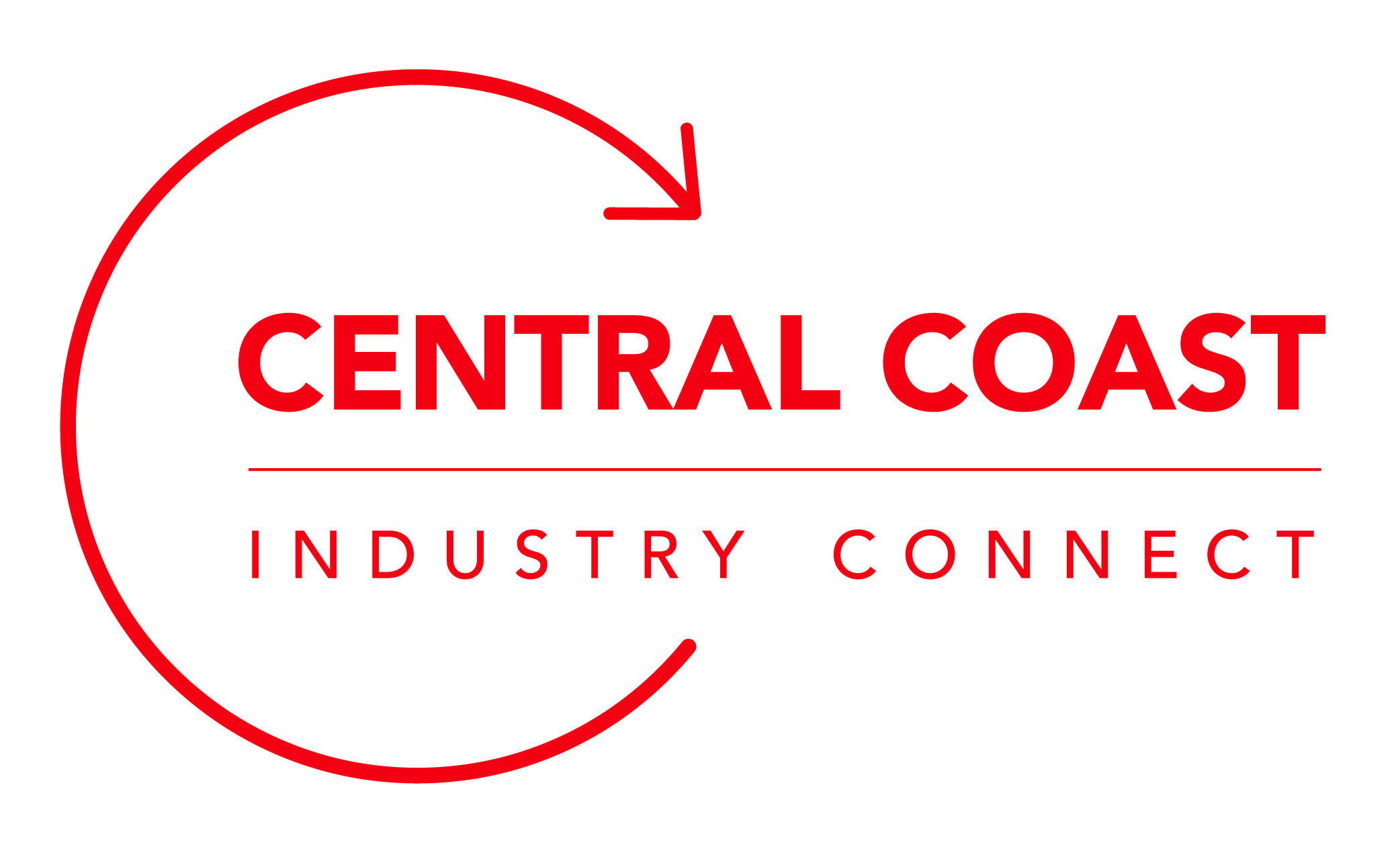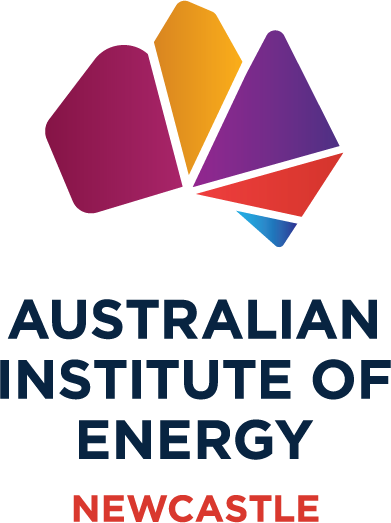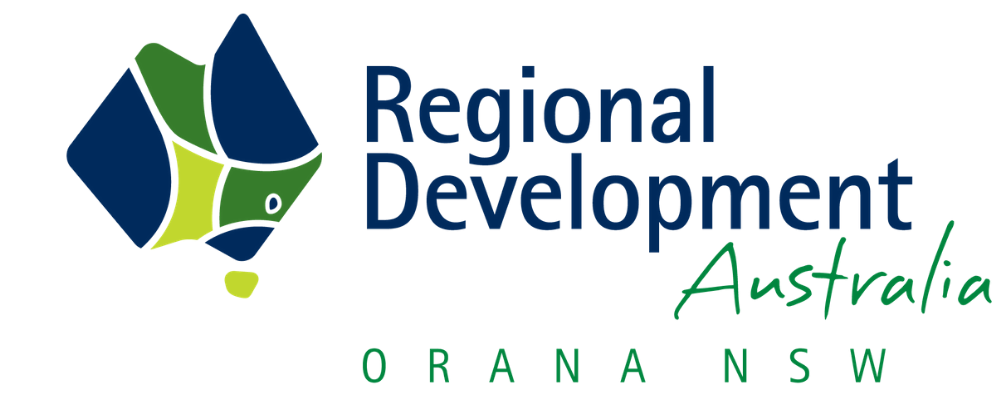Wodonga hydrogen project to move forward with ARENA pledge of $36.1 million
One of Australia’s largest renewable hydrogen plants is set to go ahead, with the Australian Gas Infrastructure Group (AGIG) reaching financial close on its Hydrogen Park Murray Valley development.

On behalf of the Australian Government, the Australian Renewable Energy Agency (ARENA) has announced a $36.1 million commitment to AGIG for the 10 MW electrolyser deployment in Wodonga, Victoria.
The Hydrogen Park Murray Valley project will produce renewable hydrogen to initially be blended into the local natural gas distribution network, owned by Australian Gas Networks, part of AGIG.
With over 40,000 connections to the local gas network, the project is set to provide hydrogen to approximately 85,000 individuals spanning the Victoria and New South Wales border. At a 10 percent blend, it is projected to reduce approximately 4,000 tonnes of CO2 emissions annually.
Wodonga's strategic location along a major road freight route also offers access to various end-use markets, particularly in heavy vehicle transport.
The Victorian Government is providing support for the project with $12.315 million through the Department of Energy, Environment, and Climate Action (DEECA), with additional financial backing from the Clean Energy Finance Corporation (CEFC).
Mars Petcare Australia has committed to purchasing Renewable Gas Guarantee of Origin certificates generated by the project, which will be accredited by GreenPower. These certificates will offset the gas consumption of their local pet food factory in Wodonga.
Hydrogen Park Murray Valley is the second 10 MW project, following Engie's Project Yuri in the Pilbara, to achieve financial close with support from ARENA (Australian Renewable Energy Agency). Both projects received funding as part of a competitive funding round of $103 million for commercial-scale hydrogen electrolyser projects.
ARENA CEO Darren Miller said the project is paving the way for renewable hydrogen in Australia.
“It’s essential to scaling up Australia’s renewable hydrogen industry that we get these first-generation projects up and running,” Mr Miller said.
“Producing renewable hydrogen on this scale has never been done in Australia. The lessons we learn here will help inform our hydrogen industry as it grows from its early stages to a pillar of the net zero economy."
"What’s exciting about this project is that it will be producing hydrogen that reduces local emissions from day one, with the potential to supply additional markets as they move towards net zero.”
ARENA has been at the forefront of advancing renewable hydrogen projects and will continue to play a vital role, supporting the Australian Government's Hydrogen Headstart program and other large-scale initiatives.
To date, ARENA has committed over $255 million to renewable hydrogen projects since 2017. The organization will also play a significant role in the development of the Australian Government's Hydrogen Headstart initiative, a $2 billion program aimed at supporting the construction of the largest green hydrogen projects in the country.
Construction of the project is scheduled to commence in 2023, with the site expected to become operational by 2025.
